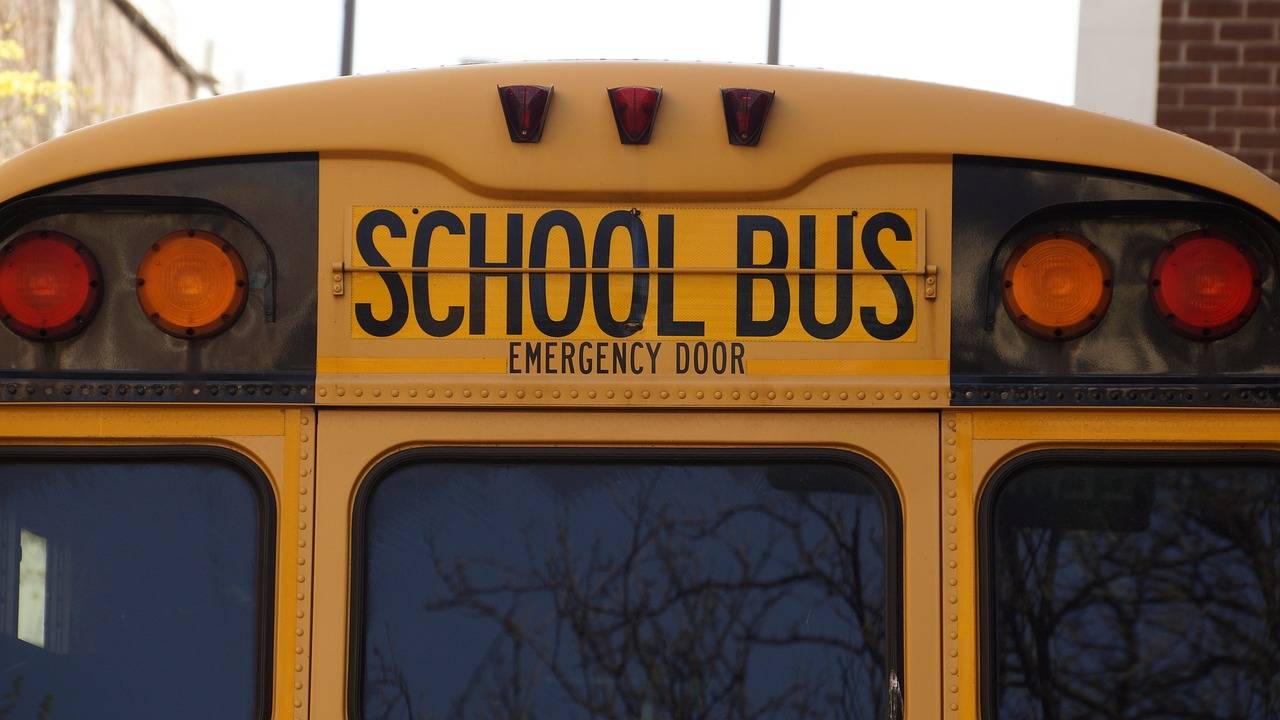Analyzing Trends in Homeschooling Assessment and Evaluation Techniques
When it comes to assessing the progress and performance of homeschooled students, there are various methods that can be utilized. One common method is through regular assignments and projects that allow parents or educators to evaluate the child’s understanding and knowledge in different subjects. By reviewing completed assignments and projects, parents can assess their child’s strengths and areas that may require more attention and focus.
Another effective assessment method in homeschooling is through the use of quizzes and tests. Quizzes can be used as a quick way to gauge a child’s grasp of a particular topic or concept, while tests can provide a more comprehensive evaluation of the child’s overall learning and retention. These assessments help parents to identify areas where their child may need extra support or where they excel, enabling them to tailor their teaching approach accordingly.
Traditional vs Alternative Evaluation Techniques
Traditional evaluation techniques often involve tests, quizzes, and examinations that assess a student’s knowledge on specific subjects. These methods typically focus on measuring a student’s ability to recall information and apply it to various problems or scenarios. Many parents and educators rely on these traditional assessment tools to gauge a student’s academic proficiency and progress.
On the other hand, alternative evaluation techniques emphasize a more holistic approach to assessing a student’s learning and growth. These methods may include portfolio assessments, project-based evaluations, and experiential learning assessments. Alternative evaluation techniques aim to capture a student’s creativity, critical thinking skills, and ability to apply knowledge in real-world situations.
The Role of Standardized Testing in Homeschooling
Standardized testing is often a topic of debate in the realm of homeschooling. Advocates argue that standardized tests provide an objective measure of a student’s academic proficiency and help parents track their child’s progress. It also allows for comparison with peers in traditional school settings, providing a sense of where a homeschooled student stands in relation to national standards.
On the other hand, critics of standardized testing in homeschooling argue that these tests can be limiting in evaluating a student’s true abilities and may not accurately reflect the individualized education they receive at home. Some parents believe that standardized testing places undue stress on children and may not fully capture their holistic development. Despite the controversies surrounding standardized testing, many homeschooling families still opt to incorporate these assessments to meet state requirements and ensure their child’s educational success.
• Standardized tests provide an objective measure of academic proficiency
• Helps parents track their child’s progress
• Allows for comparison with peers in traditional school settings
Despite the controversies surrounding standardized testing, many homeschooling families still opt to incorporate these assessments to meet state requirements and ensure their child’s educational success. Critics argue that standardized tests can be limiting in evaluating a student’s true abilities and may not accurately reflect the individualized education they receive at home. Some parents believe that standardized testing places undue stress on children and may not fully capture their holistic development.
What are some common assessment methods used in homeschooling?
Common assessment methods in homeschooling include portfolio reviews, parent evaluations, standardized testing, and educational assessments.
How do traditional evaluation techniques differ from alternative evaluation techniques in homeschooling?
Traditional evaluation techniques in homeschooling typically involve standardized testing and following a set curriculum, while alternative evaluation techniques may include project-based assessments, self-assessments, and experiential learning evaluations.
What is the role of standardized testing in homeschooling?
Standardized testing in homeschooling can provide an objective measure of a student’s academic progress and help parents identify areas where their child may need additional support or enrichment. It can also be used to meet state requirements for homeschooling assessments.





